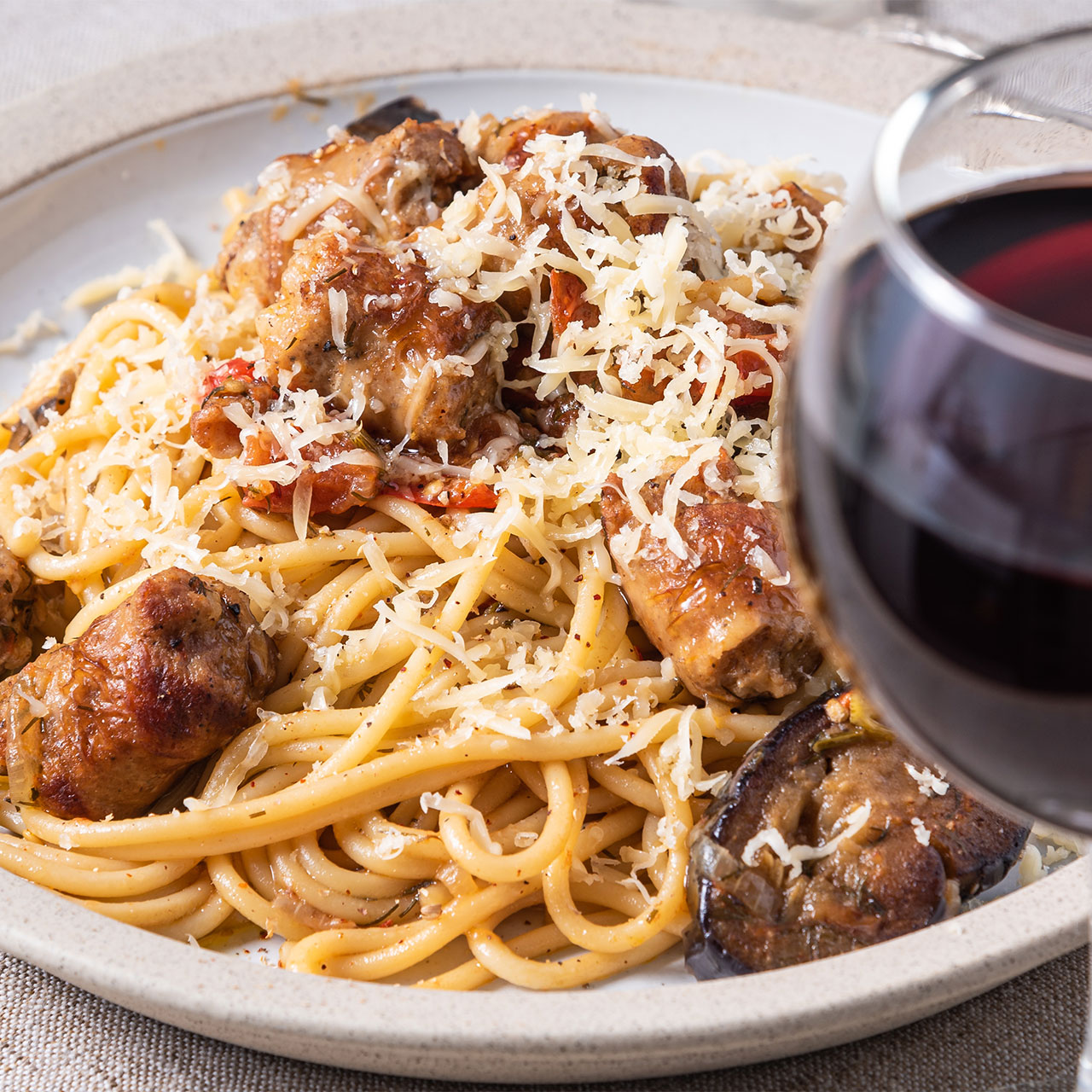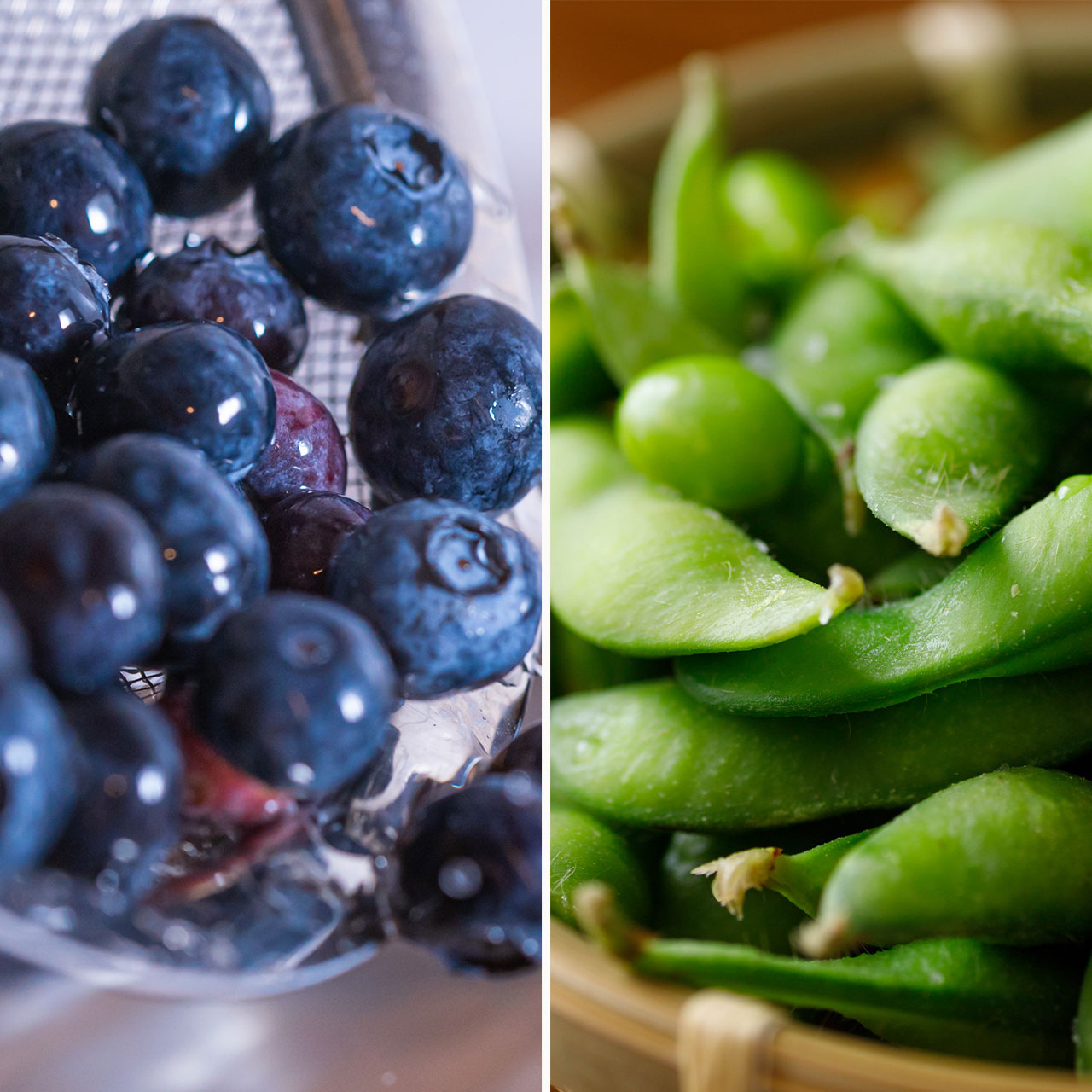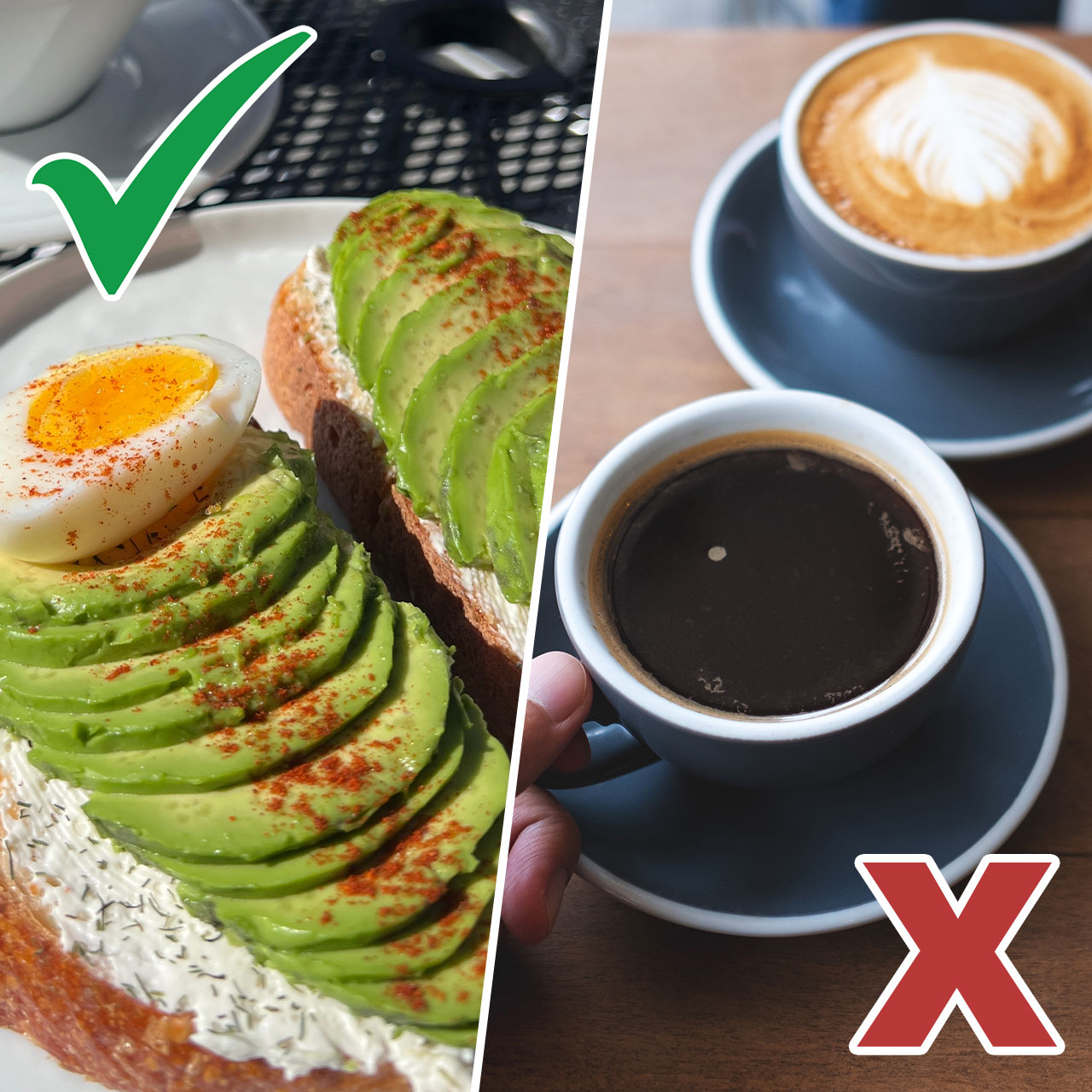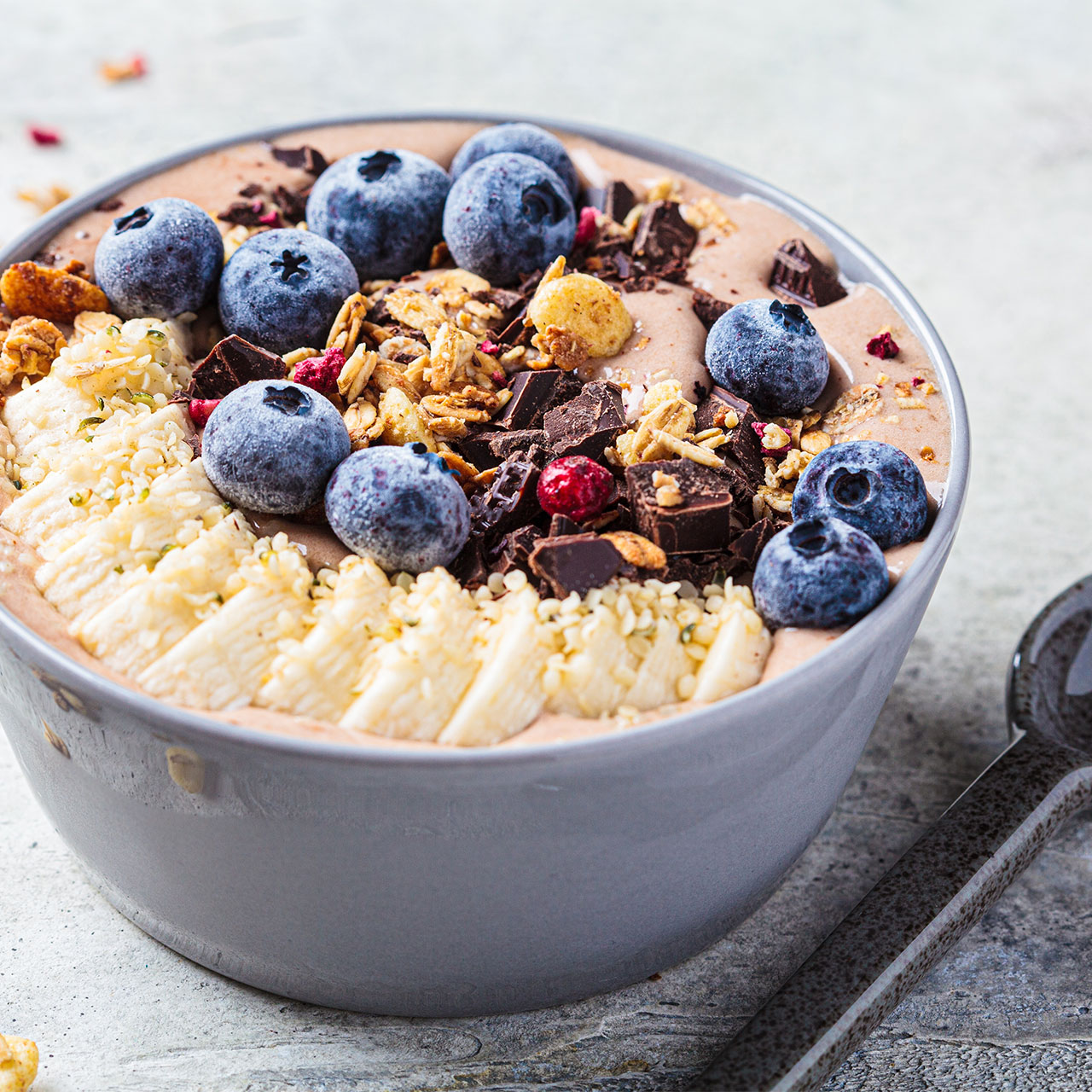This is an archived article and the information in the story may be outdated. Please check the time stamp on the story to see when it was updated last.
Bananas are one of the healthiest fruits you can eat — most of the time.
One banana contains about 100 calories and no fat and is rich in potassium, vitamin B6, vitamin C, and more. By all means, incorporate a banana into your diet, but don't rely on them to help you shed pounds. Here are four reasons why you shouldn't eat bananas for weight loss.
Photos: Shutterstock
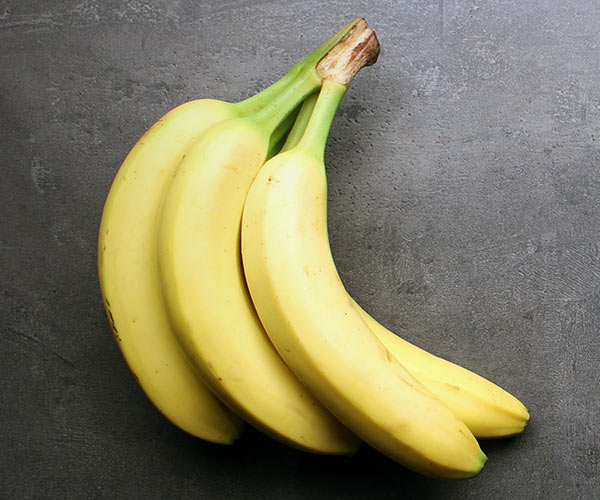
Bananas Are High In Carbs
1) Bananas are high in carbs — a medium banana has 27 grams of carbohydrates and 14 of those grams is sugar. That's no small amount, particularly for a healthy fruit associated with weight loss. One way to cut down on carbs while enjoying the benefits of bananas is by slicing one in half and adding a protein source (scoop of peanut butter or a handful of almonds) to the mix.
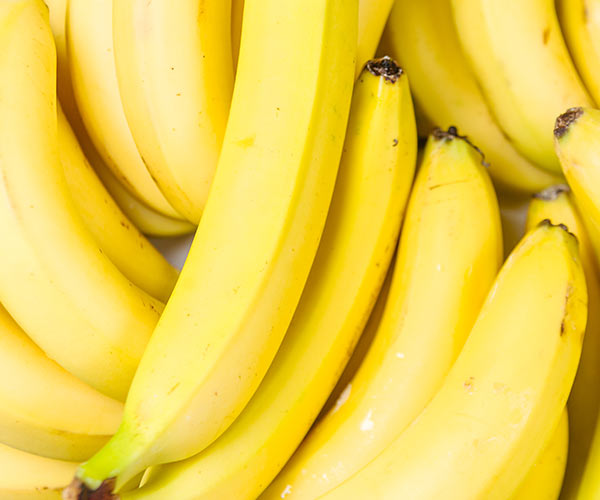
Bananas Have More Than 100 Calories
2) Bananas are one of the highest calorie fruits you'll find. Clocking in at 105 calories for a medium-size banana, you'd actually have to eat 100 blackberries to obtain the same number of calories. Most experts say a banana's nutrients outweigh its calorie count, but it's definitely something to keep in mind if you are keeping track of calories.
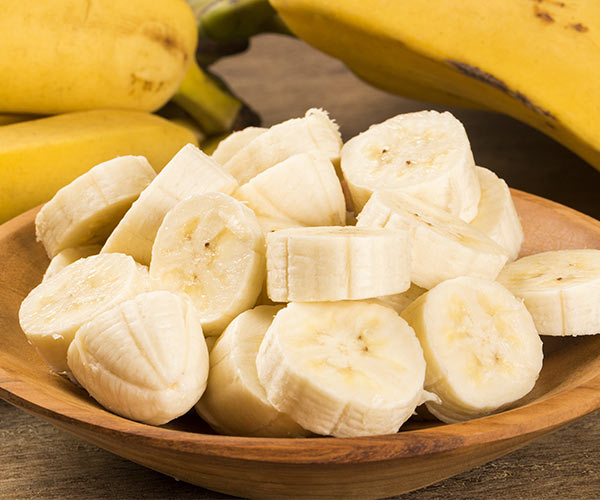
Ripeness Can Add Sugar
3) You're probably not making a mad dash in the grocery aisle to snag all of the green bananas. But there's a little catch when it comes to ripe yellow bananas: they actually contain more sugar than green bananas, which have something called resistant starches that has been linked to weight loss and lowered blood sugar levels.
4) And, finally: if you're stocking up on bananas because you assume bananas are more filling than other fruits and will keep you satisfied for longer, the truth is: other fruits have an advantage over them in this department. Apples and oranges are more filling when you consider their balance of calories and fiber.



